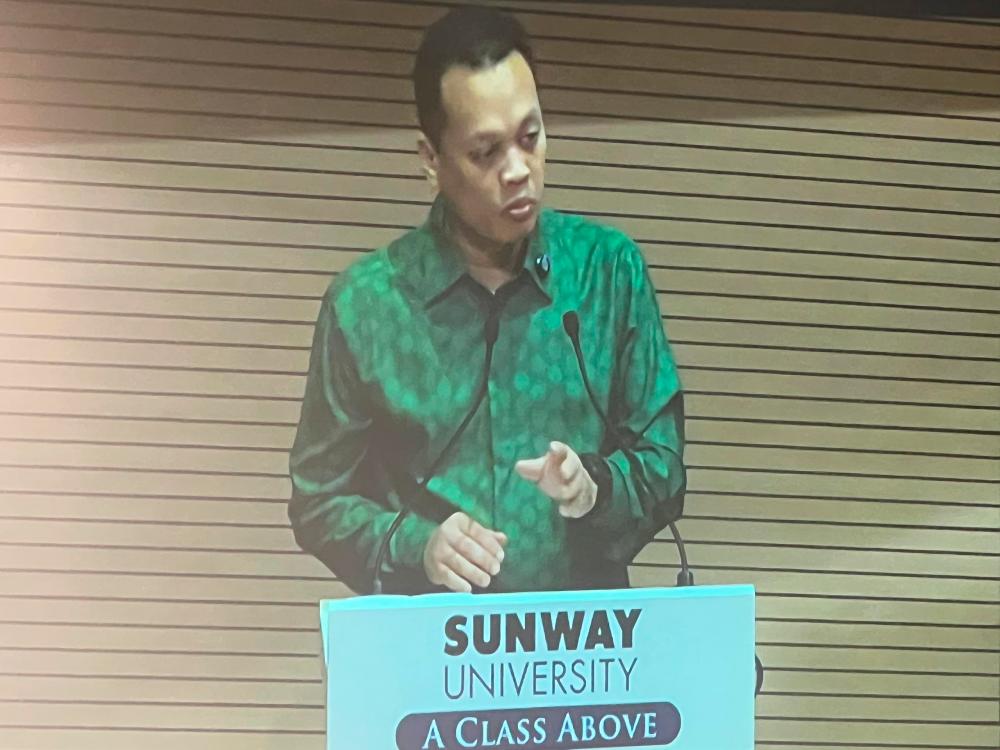PETALING JAYA: The government is taking bold steps to balance economic growth with environmental conservation through its Ecological Fiscal Transfer Programme (EFT).
Natural Resources and Environmental Sustainability Minister Nik Nazmi Nik Ahmad said the initiative, developed in collaboration with the United Nations Development Programme (UNDP), has seen federal funds allocated to state governments to incentivise forest and biodiversity preservation.
“In 2025, the budget for EFT reached RM250 million, a significant increase from its RM60 million launch in 2019,” he said at the Asean Workshop on Sustainable Development 2025 today.
He noted that the programme’s funding model has evolved to include performance-based criteria, now accounting for 50% of fund distribution.
“This shift aims to ensure effective use of resources, incentivising states to expand protected areas and implement conservation initiatives. Federal authorities have also begun prioritising states that align with national forestry laws, further strengthening accountability.”
Despite these efforts, Nazmi said, challenges remain.
“Amid growing concerns over deforestation, which threatens to reduce forest cover below the 50% threshold promised in the Rio 1992 summit, we continue to grapple with governance and resource allocation.
“Efforts to decentralise conservation responsibilities, promote community-based conservation jobs and enhance transparency are intensifying, as Malaysia works to harmonise environmental preservation with socioeconomic needs,” he added.
Nazmi underscored that with Southeast Asia at the forefront of climate vulnerability, Malaysia’s commitment to scaling its conservation efforts and biodiversity initiatives is critical. “The integration of science panels and public awareness campaigns has been emphasised as vital components in shaping evidence-based policies and ensuring long-term sustainability,” he said.
In addition to the financial support, Nik Nazmi said, the EFT programme is emphasising the importance of local community involvement in conservation efforts.
He highlighted how partnerships with local stakeholders are key to the success of the programme, ensuring that conservation policies align with the needs and livelihoods of the communities most affected by environmental changes.
Looking ahead, Nazmi reaffirmed the government’s commitment to expanding EFT, integrating cutting-edge research and technology to monitor forest health and biodiversity more effectively. “Future funding models may also place a stronger emphasis on climate adaptation projects to address the growing need to protect vulnerable ecosystems from the impacts of global warming.”
Nazmi expressed hope that the country’s innovative approach to conservation funding could serve as a model for other nations seeking to balance economic growth with environmental stewardship.









